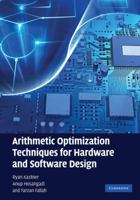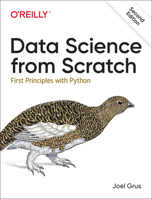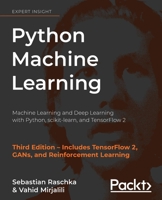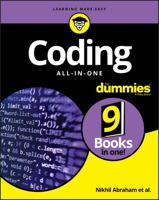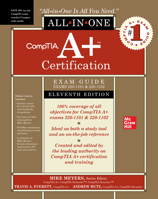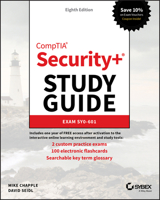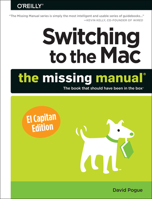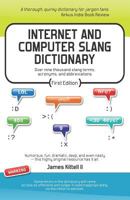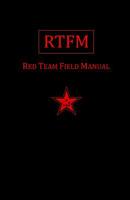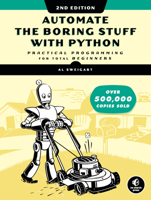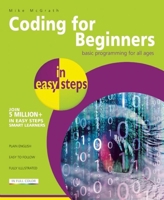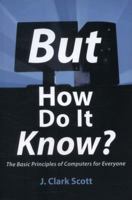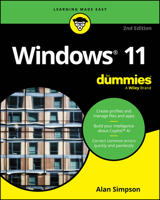The Ultimate Beginner's Guide to the 555 Timer: Build the Atari Punk Console and Other Breadboard Electronics Projects
Select Format
Select Condition 
You Might Also Enjoy
Book Overview
Unlock weird noises, hypnotic lights, and master the 555 timer. This fast paced, easy-to-follow book teaches you how the 555 timer works with step-by-step instructions and hands-on projects. Whether you are an electronics enthusiast or a beginner, this DIY guide shares simple tricks and hacks to put the 555 timer into action. FULL-COLOR illustrations show you how to transform circuit schematics into real-world working examples on a standard breadboard - no soldering required! High-resolution oscilloscope screen shots reveal detailed views of complex waveforms not able to be seen with the human eye. Advance your skills by completing the included projects so that you can create your own unique designs. You will learn how to: Use a breadboard Utilize the 555's pins Trigger "one-shot" mode Blink an LED Generate noises with an oscillator Create a frequency divider Make a bistable flip-flop Source and sink current Build and understand the Atari Punk Console
Format:Paperback
Language:English
ISBN:1520148038
ISBN13:9781520148038
Release Date:January 2017
Publisher:Independently published
Length:70 Pages
Weight:0.15 lbs.
Dimensions:8.0" x 0.2" x 5.0"
More by Jesse Rutherford
Customer Reviews
3 customer ratings | 3 reviews
There are currently no reviews. Be the first to review this work.












